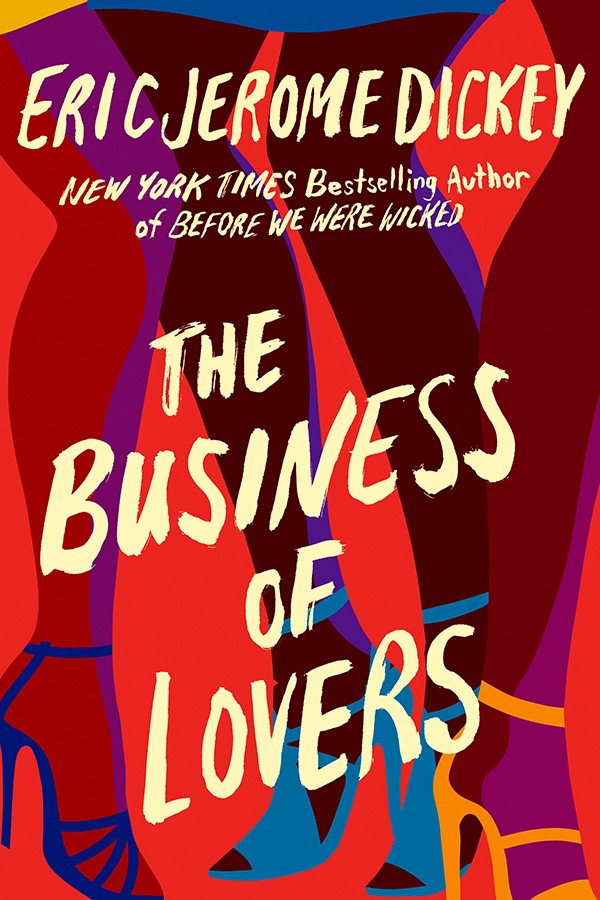Memphis-born author Eric Jerome Dickey has had success with his brand of sensual novels. The University of Memphis graduate has garnered praise from The New York Times and Entertainment Weekly, written a Storm and Black Panther miniseries for Marvel, and his readings regularly pack the house. One such signing I attended at Novel bookstore marked possibly the most people I had seen crammed into the store’s now-empty events space. All was set to keep momentum rolling with Dickey’s newest novel, The Business of Lovers (Dutton), released April 21st, and then COVID-19 upended everyone’s plans.
“We’ll do Skype, Zoom, whatever we can do via social [media],” Dickey says, explaining that he canceled signing engagements but hopes to “meet” his fans online. “The delivery of my books to my home hasn’t even happened. I don’t even have copies of my own books.”
 Joseph Jones Photography
Joseph Jones Photography
Eric Jerome Dickey
The author is charming and funny, though, even as he tells me over the phone about wondering if he should rewrite scenes for soon-to-be-published works and making the switch from in-person booksignings to online book clubs in the wake of coronavirus.
“The stuff that you do for the next 30 days impacts your next 30 years,” Dickey says soberly. “It’s not a hoax. And if it is, this is the best global hoax since they broadcast War of the Worlds on the radio. This would make Orson Welles stand up and applaud.”
Despite the unknowns, Dickey sounds unfazed, aware but undaunted. Still, he anticipates changes in professional plans beyond his canceled signings. “What it does to business remains to be seen. I’ve got a couple of other projects that are due to come out later or next year, but you’ve had this watershed moment, this global event, that now really dates your writing,” the author muses. “There’s going to be pre-corona and post-corona. If you a see a movie with people at the airport walking somebody to the gates, you’re like, ‘Oh, that happened before 9/11.'”

Making an already unpredictable situation even more precarious, Dickey’s novels often hinge on romance. It doesn’t take an oracle to realize that meet cutes will surely look different post-coronavirus, at least until a vaccine is developed. His characters, the author explains, will “need to be romantic or very foolish to kiss somebody.” And no one is quite sure what life will look like after the pandemic — or how art will change to reflect it. The author goes on: “We’re creatures of habit, and you suddenly ask the world to change its behavior.
“You’re back into that area of the unknown. It’s things you can’t control,” Dickey says sympathetically before laughing and telling a story of his own social distancing slip-up. “FedEx dropped something off a couple of days ago. I saw the guy was coming up to the porch and I opened the door when he was coming up. You would have thought that he saw Freddy Krueger. Out of habit, I opened the door to get my box. I was like, ‘I shouldn’t have done that!'”
As for The Business of Lovers? All things considered, maybe now is the perfect moment for a novel that takes human connection as its focus. “It’s a novel about family — the family you have and the family that you choose to have,” the author says.
The Business of Lovers follows Brick Duquesne, fresh from a fight against cancer, an ailment he never revealed to his family. “It’s one of those things where people go through something but don’t know how to ask for help because they don’t want to disturb the lives of others,” Dickey explains. In a novel with former child stars, comedians, engineers, and a tangled web of relationships, Dickey’s characters search for agency and for ways to lift up the family they choose to love. Of course, as Dickey points out, perception is everything. “Anybody can smile and take a picture in front of a palm tree,” he says. That photo can only hint at what’s going on beyond the edges of the frame.